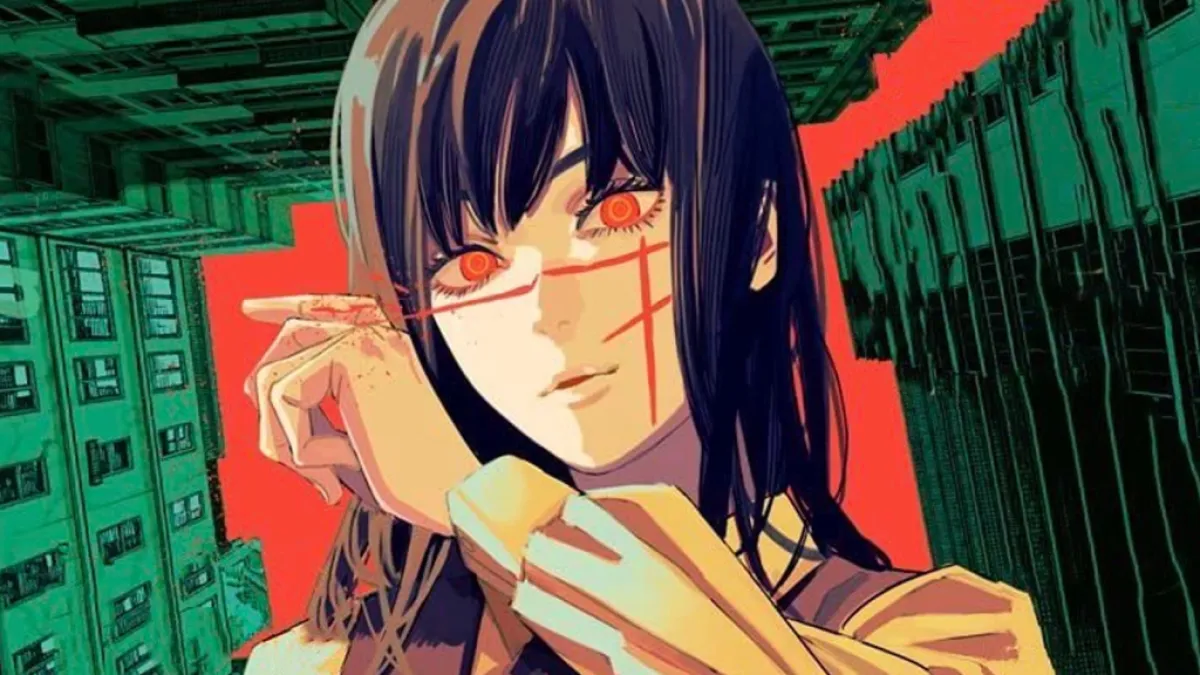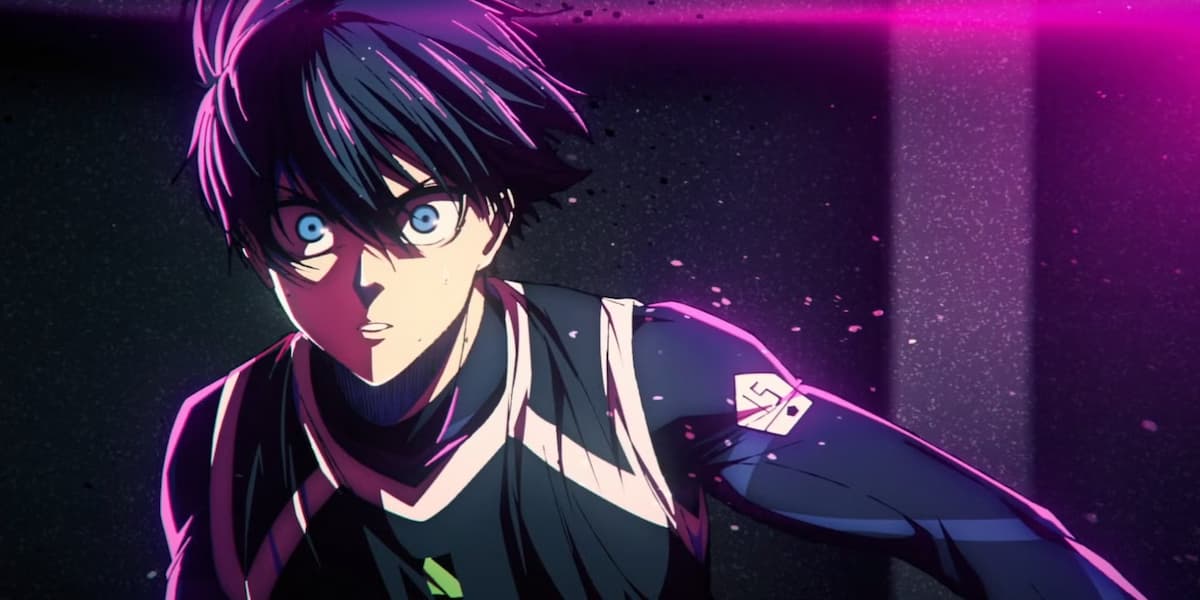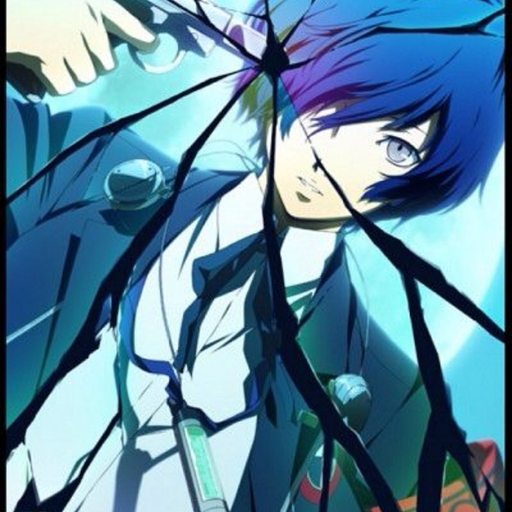There are some series that have a consistent tone, or a general mood that rarely is altered in any meaningful way. And then you have Chainsaw Man, which obliterates its tone on a weekly basis. It’s a master of tonal whiplash, but I don’t know if that’s a good thing.
Chainsaw Man has been an interesting series to read over the past couple of years. The series started off strong thanks to its tight focus on action as we saw Denji fight against Devils and Fiends in the Public Safety Saga alongside compelling and interesting characters like Power, Aki, and Makima. With it came a relatively simple, if crass, tone that showed Denji slowly getting the life that he wanted to live only to have it taken away from him piece by piece. What helped was that each arc had a clear antagonist, helping to focus this bleak and nihilistic action series in a way that felt natural and showed how each of these foes threatens the life that Denji wants.
But then the School Life Saga started and the tone of the series began to shift. I won’t say the series isn’t good anymore – it’s still a great read – but it’s much more polarizing since Tatsuki Fujimoto seems to be more interested in playing with the tone of each arc to elicit a reaction in the reader than just nonstop action. The action is still there, but it’s no longer the focus. Hell, at points it feels like Denji isn’t even the focus of the series, making Chainsaw Man seem somewhat aimless. And, to be fair, that’s a fair take on what the series is like now, which isn’t helped by the extreme tonal whiplash the series has become a bit too eager to indulge in.

Tonal whiplash isn’t an inherently bad thing for a series to use. Sometimes a sudden shift of emotion can lead to standout moments that will go on to define key moments in a story. Probably one of the best examples of tonal whiplash in anime is with Gainax’s Neon Genesis Evangelion. While the series is primarily focused on giant robots fighting each other with a smattering of character drama, the conclusion to the original series, End of Evangelion, was full of so many tonal whiplashes that have become infamous within the series and anime as a whole.
They’re great moments – character-defining at that – and serve as the climax of what the story was building up to, but when poorly executed, it can just lead to confusion that has audiences asking more questions and losing engagement.
I can’t say that Chainsaw Man’s recent use of tonal shifts is good or bad, but there’s a certain pattern to them. Within the past few chapters, these moments are meant to be shocking and are almost always designed as cliffhangers. After Denji learns his house was burned down, his dogs were killed, and Nayuta was taken away, what does the series do? Have Denji get a handjob then grab some sushi.
On one hand, it’s unexpected and left an impact on the readers, but one could argue it undermines the seriousness of the moment it was trying to support and people are talking about the scene for the wrong reasons. The drama isn’t on Denji coping with his life being upended, but now it’s about how Chainsaw Man made a callback to one of the most infamous moments in End of Evangelion.
These tonal shifts do bring to light some of the core problems that people have had with the series, namely Denji’s character flaws. Fans are becoming more and more frustrated with Denji because of how sex-focused he is, but to the manga’s credit, that’s kind of the point. His adolescent sex drive is his biggest character flaw and now the series is putting a focus on it.
From the very beginning, Denji has had his eyes laser-focused on being with a woman, whether it be holding hands, getting a kiss, touching boobs, or even having sex. All of that was present since the Public Safety Saga and it’s still here. It’s only more noticeable because, without the constant flurry of action, the only thing that is constant from the first major part of the series is Denji’s lust. Even in recent chapters, Denji himself admonishes how he thinks with his penis and he constantly gets in his own way. It’s a tonal shift, but one that does lead to character development.

Whenever the series does make a tonal shift, it usually does so to shift into these more human moments. They’re meant to be palette cleansers from the violence and the desolate reality that Denji and everyone else live in. The series is grounded in a way that few manga are, with entire chapters being dedicated to these mundane situations. These are good tonal shifts, but when the chapter builds up to a dramatic twist that is meant to be shocking for the sake of shocking, then that’s where Chainsaw Man can start to lose audiences. Plus, when you do it too many times, it makes you think that the series is only keeping people engaged because of these big twists.
Take the most recent chapters at the sushi restaurant. Denji is just coming off of a self-loathing episode and the rest of the cast are oddly livening up the mood through weird dialogue. Fami is talking with her mouth full, ignorant of what’s happening around her, others are worried about having to pay the bill, and then Barem, the second-in-command of the Chainsaw Man Church, comes in and tells Denji he knows where the missing Nayuta is. Denji wants to kill him, but instead, Barem spends the next chapter talking about the proper order and method of eating sushi, which just clashes with everything else that happened surrounding the situation, only for the tone to be shifted once more when Nayuta’s decapitated head comes across the sushi conveyer belt.
Does this make for shocking moments in a series defined by weekly installments? You better believe it. It keeps readers guessing and wanting them to come back for more. But when you do them too often and too fast, the tone can become a wreck and audiences don’t exactly know how to feel. Are the sushi restaurant chapters meant to be comical? Should they be unnerving? Do they help serve Denji’s development? Are they a break in the action between major moments or are they setting up major events? It’ll all become evident when the series is collected, but it makes reading the series every week frustrating because of the wild tonal shifts.

The further we get into Chainsaw Man, the more apparent it becomes that this is a series that readers would benefit from reading all at once instead of in small doses. When everything is stitched together and flows, the tone is easier to convey and the themes of each arc come across better. But as the series makes more and more of these wild shifts in tone, the more I worry that when compiled together and read back-to-back, these chapters and arcs will be seen as weaker as Fujimoto becomes more interested in getting immediate knee-jerk reactions than long-lasting discussion.
So yes, Chainsaw Man is the master of tonal whiplash, but I don’t think that’s a great thing at this point in time. It used to be and it all served to help drive home the major moments in the series and highlight Denji’s character or the humor of the situation. But now they feel like shock value for the sake of shock value, shifting not because it should but because it can. I think that once the series refocuses on what it’s trying to accomplish and whose story it’s actually about, the series will return to the levels it reached back in the Public Safety Saga. Until then, I can only hope that the tone will stay consistent for at least a little bit as the series figures out where it needs to go from here.






Published: Jul 16, 2024 11:17 pm